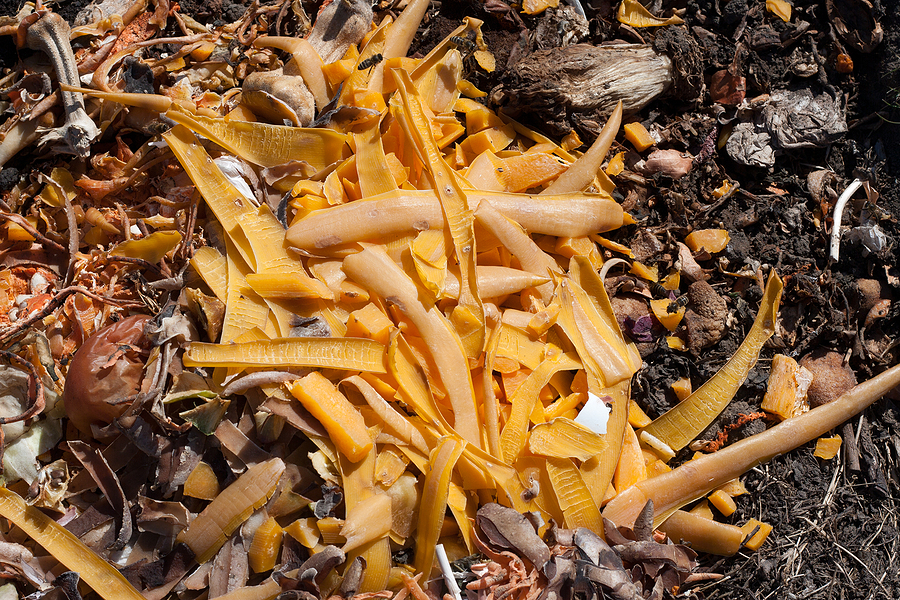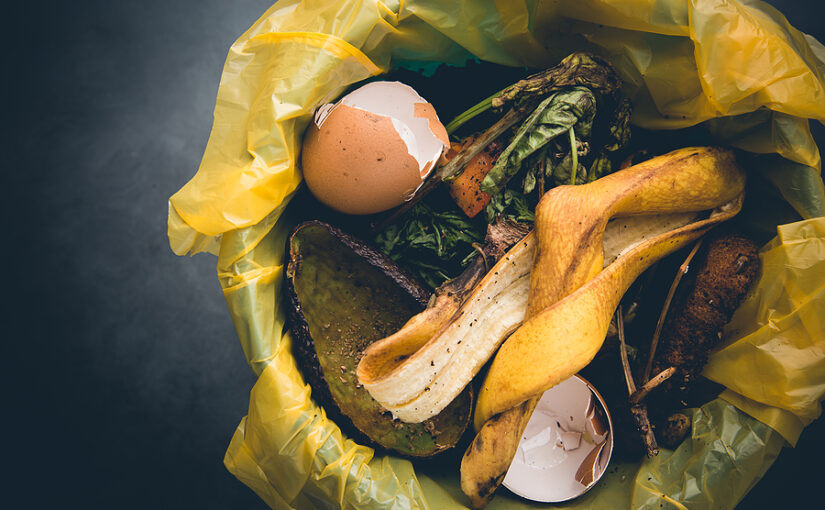Food waste is a common problem in British homes and businesses alike. For householders, wasting food puts disposable income under pressure, especially at times of spiralling food price inflation.
Wasting food has impacts throughout commercial supply chains too, with producers struggling to meet demand, supermarkets trying to balance their food waste with keeping shelves stocked, and food waste disposal problems in hospitality, leisure and foodservice businesses.
On April 27th 2022, the world will mark Stop Food Waste Day, an initiative that began in the US in 2017. Five years on, what do we now know about food waste, its causes, and how to recycle food waste to minimise its impact on the environment?
Facts about food waste
Here are some of the headline facts about food waste and why it is such a concern for the environment, the economy, and for household budgets on a day-to-day basis:
-
- UK households throw away 4.5 million tonnes of food a year (RecycleNow)
- That’s enough to fill 38 million wheelie bins
- Ending food waste would save the same CO2 as taking 1 in 4 cars off the road
- UK hospitality wastes 1.1 million tonnes of food a year (WRAP Guardians of Grub)
- 75% of that waste could have been eaten
- The total cost to hospitality and foodservice businesses is £3.2 billion a year
In 2021, UKHospitality found nearly half of British people don’t know the difference between ‘display until’, ‘best before’, ‘sell by’ and ‘use by’ dates – and 10% of domestic food waste across Europe is caused by householders throwing away food that is still edible, because its best before date has expired.
What happens to food waste?
All too often, food waste ends up going to landfill sites. Leeds City Council did operate a limited kerbside food waste recycling pilot scheme in the Rothwell area, but this has now been discontinued.
Businesses also face the dilemma of how to dispose of commercial food waste, and are subject to rules and regulations requiring them to do so using reliable waste disposal service providers, as well as to protect public and environmental health.
Forge Waste & Recycling offer food waste collection and recycling services. Importantly, the food waste we collect does not go to landfill, for a number of reasons:
-
- Rotting food waste releases methane, which is 22 times as harmful as CO2
- Food waste produces a liquid called leachate which can contaminate water sources
- Waste food can be recycled – even including things like meat and dairy!
Using 240 litre wheelie bins for food waste collections means businesses have a secure, convenient and hygienic place to dispose of food waste, with frequent collections to ensure there is no environmental health risk.
Food waste recycling
Leeds residents do not get kerbside food waste recycling services provided by Leeds City Council. Instead, the council’s guidance just recommends wasting less food – which is a good start, but doesn’t deal with unavoidable food waste.
If you do feel like you are wasting more food than necessary, read our guide on How to cut food waste at home for some simple practical tips to tackle your food waste. Remember, preventing waste in the first place is better than recycling or even directly reusing it.
At home, some food waste can be composted. This is a great idea if you have a garden, especially if you grow anything edible yourself, as it closes the loop between unavoidable food waste like potato peelings and carrot tops, and the food you eat in future.
Some food waste is not suitable for composting. This includes things like meat and dairy, which are likely to smell extremely unpleasant and can harbour harmful bacteria. However, professional waste management companies like Forge Waste & Recycling are able to recycle dairy, meat, cooked foods and much more.
How is food waste recycled?
Leeds City Council don’t collect or recycle food waste at all, so if you don’t have a composter at home, you’re stuck putting vegetable peelings and leftovers in your general waste – not ideal for the environment, or for your peace of mind.
When councils do collect food waste, they often specify strict types of waste you can put in your food waste recycling bin. As above, this usually does not include cooked foods, meat or dairy, and may also be lumped in with your garden waste so it can all be taken away to compost together.
Commercial waste management companies like Forge Recycling are able to offer a more complete service, because we put in the extra work to treat different types of food waste in the appropriate way.

Aerobic vs. anaerobic composting
If you make your own compost at home, you’re already doing your bit. But it’s important to know that there are significant differences in how food waste is recycled commercially.
One major difference is that commercial composting facilities can use anaerobic digestion to process food waste. This prevents any bacteria from multiplying and means some of those prohibited ingredients, like meat and dairy, can be included in commercial compost.
Processing food waste for recycling also produces biogas. Instead of just letting methane into the atmosphere where it can contribute to the greenhouse effect, this biogas mix can be captured and used to generate electricity.
The results are significant for the UK’s renewable energy security:
-
- 22 teabags can power a vacuum cleaner for 10 minutes
- 32 banana skins can power an entire home for an hour
- A kitchen caddy of food waste can run a fridge for 18 hours
Across the board, reducing and recycling food waste makes sense: lowering demand on food supply chains and carbon miles of delivery, avoiding unnecessary financial costs on wasted ingredients and excess waste disposal services, and providing a source of renewable energy as a serendipitous by-product.
How to reduce food waste
According to consumer watchdog Which?, nearly three quarters of UK food waste is produced by domestic households, and we each waste 108kg of food per year.
Roughly a sixth of the food we buy gets thrown away, including five million tonnes of potentially edible food worth an estimated £15 billion.
At home, you can reduce food waste by being sensible about what you buy and use. Resist multi-buy offers if you won’t use the product in time. Freeze ingredients if you can, if you are not going to use them before they go off.
More simple steps to cut food waste at home:
-
- Plan your meals to use up older ingredients first
- Only cook as much as you will eat (you can always have dessert!)
- Check if food has spoiled – don’t just bin it on its best before date
In a commercial setting, the same rules apply. Adopt a FIFO (First In, First Out) strategy when putting ingredients in your freezer room or chiller – use the oldest ingredients first.
Be creative with your specials board. There are lots of ways to use up ingredients by offering a chef’s special, and regular diners might appreciate the variety.
Not all food waste can be avoided, of course. That’s why it’s essential to partner with a reliable food waste recycling provider like Forge Waste & Recycling, who can offer the waste management and disposal services you need to comply with all the regulations.
